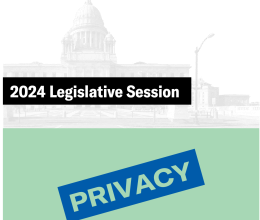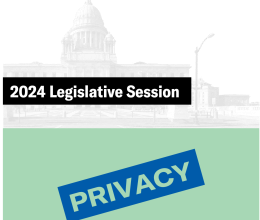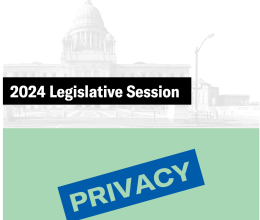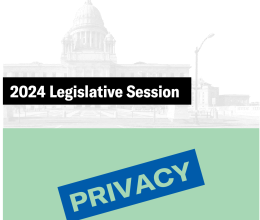As the federal agency tasked with auditing and evaluation of Congressional programs, the U.S. Government Accountability Office (GAO) doesn’t like to make mistakes. The “congressional watchdog,” the GAO’s mission is to provide Congress “timely information that is objective, fact-based, nonpartisan, nonideological, fair, and balanced” in order to help Congress fulfill their Constitutional responsibilities. Legislation may be crafted and changed based solely on what the GAO includes in their findings, and the GAO’s legitimacy depends heavily on the infallibility of their reports.
That’s why it’s so shocking that recent work by the ACLU of Rhode Island and other affiliates resulted not only in a public change to a GAO report, but a near-reversal of their original findings.
The initial report, “Face Recognition Technology: FBI Should Better Ensure Privacy and Accuracy,” released online in July, alarmed the ACLU and Rhode Islanders when it claimed that eighteen states – including Rhode Island – were in talks to allow the FBI access to driver’s license photos for the purposes of facial recognition software by the FBI’s Facial Analysis, Comparison and Evaluation (FACE) Services unit. Such technology has long concerned privacy advocates, who note both the inaccuracies of the technology and its use in monitoring constitutionally-protected activity. With 16 states already participating in the FACE program, the GAO’s report forecasted a potential doubling of the program’s scope, and of the concerns associated with the flawed program.
The ACLU of Rhode Island immediately wrote to the director of the RI DMV registering concerns about the program. We also filed open records requests with the DMV, under the state Access to Public Records Act, and the FBI under the federal Freedom of Information Act.
Following swift public outcry, the DMV responded they were involved in no such negotiations, and had no plans to be. Concerned that the FBI had put forth misinformation regarding Rhode Island’s role in such discussions, Governor Raimondo’s office reached out to the GAO, who in turn contacted the FBI to clarify the status of the program.
The ACLU of Massachusetts reached out to the GAO and learned that, although the GAO had contacted the FBI on three separate occasions to confirm that the information given them by the FBI was correct, they were in fact given incorrect information that made its way into the final report. On August 3rd the GAO was forced to take the rare step of correcting and reissuing their own report. Contrary to the original information given by the FBI, the GAO’s updated report showed that Rhode Island and every other state previously identified as being in conversations with the FBI were in fact engaged in no such discussions. The RI DMV has further asserted that they have “absolutely no plans” to begin negotiations with the FBI over sharing driver’s license photos.
Figure 1. The first map, showing 18 states as in negotiation with the FBI.
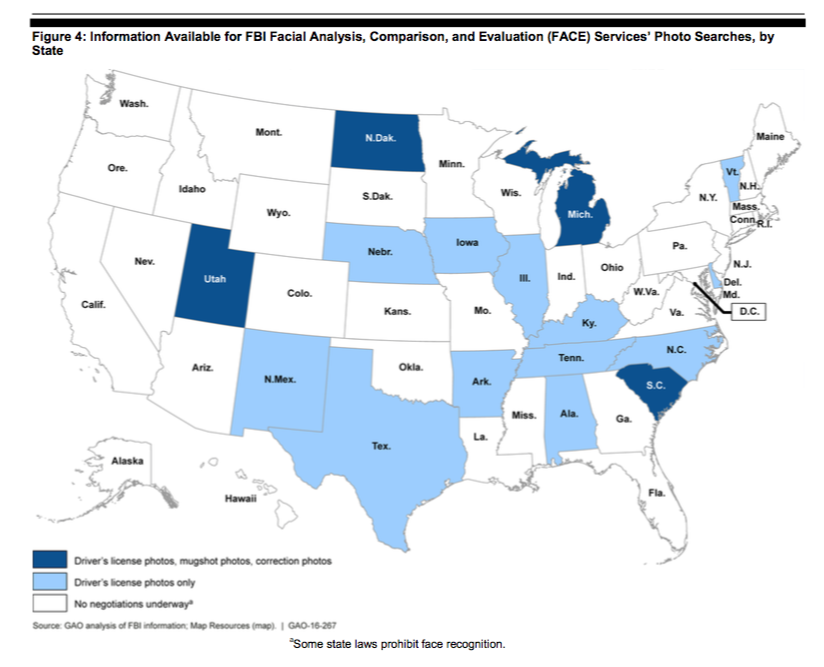
Figure 2. The second report, showing no states in negotiation.
The reissued report is temporarily comforting to privacy advocates concerned with a significant expansion of the FACE program. At the same time, the initial report and the resulting change highlight the need for vigilance and quick response when new information comes forward. Although the GAO did their best to put forth accurate information, without the ACLU’s intervention federal decision makers could have believed that acceptance of such a program was far more widespread than it is. Thanks to the quick work of the ACLU, the Rhode Island DMV, Governor Raimondo’s office and the GAO, Congress will not operate under the false assertion that states nationwide are clamoring to treat as suspects every person who takes a driver’s license photo.
The Rhode Island DMV responded to the Access to Public Records Act request stating there were no documents related to discussions with the FBI about this technology. The Freedom of Information Act request is still pending.


